When you eat sugar or starch, bacteria that accumulate in plaque on your teeth will eat food particles and create acid. This acid will attack and erode tooth enamel, according to the health website Healthline (USA).
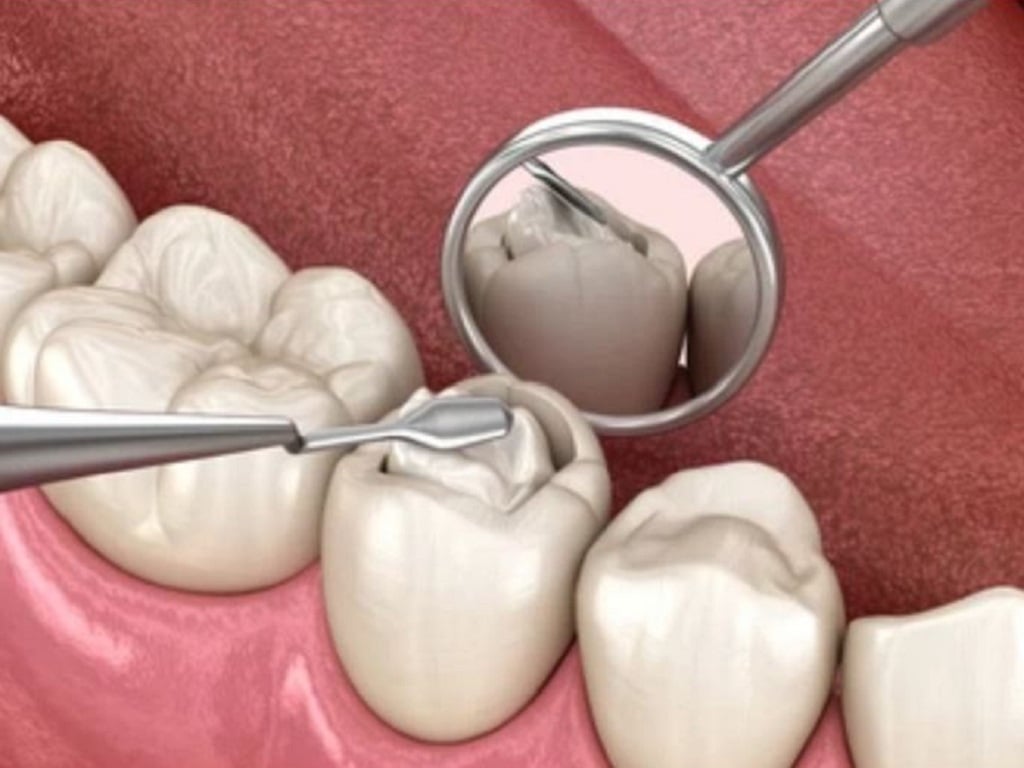
Depending on the material used, the filled tooth can be eaten immediately or it will take a certain period of time before eating or drinking.
The initial damage will be tiny holes in the enamel, then gradually grow and cause tooth decay. To treat tooth decay, the common method is filling.
The dentist will remove the damaged tissue in the cavity and fill it with a filling material. This material can be made from a variety of materials, including composite resin, glass, gold, silver amalgam, and porcelain. The durability of the filling will depend on the material used.
The time it takes to fill a tooth depends on the procedure and the type of material used. Typically, the dentist will begin the filling by administering a local anesthetic to the area of the tooth that needs the filling. This will prevent the patient from feeling any pain, according to the Cleveland Clinic.
The damaged tissue in the cavity will be removed using specialized dental instruments such as dental drills, dental lasers or pneumatic abrasives. This will help clean the cavity of bacteria and food debris.
If the cavity is severe enough to affect the nerve, the dentist will use a filler to create a protective lining. With composite resin fillings, the dentist will fill the cavity with this material and harden it with a UV light, then grind it to fit the upper teeth.
How long after filling can I eat and drink?

Dental check-up
If using composite resin, we can eat and drink immediately after filling. Because the filling is hardened by UV light, it will not be affected by temperature or hard foods.
However, if you still feel numbness in the newly filled tooth, the dentist usually recommends that you stop eating or drinking for about 2 hours. After this period of time, the anesthetic will wear off.
For people with silver or gold fillings, dentists often recommend avoiding chewing on the tooth for about 24 hours. After this time, the filling will completely harden.
In some cases, patients will experience some minor side effects after fillings, such as tooth sensitivity to hot or cold foods. This condition sometimes lasts up to 14 days after fillings.
In that case, the best way to handle it is to avoid eating foods that are too hot or too cold, avoid hard or highly acidic foods. The ideal foods are soft foods such as soups and eggs. In addition, sticky and chewy foods should also be avoided because in some cases, they can dislodge the filling, according to Healthline.
Source link








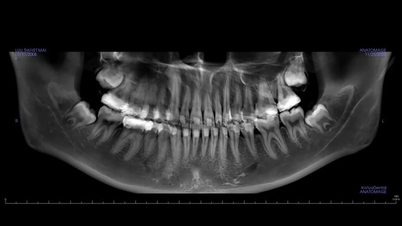


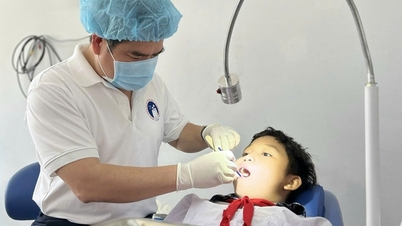







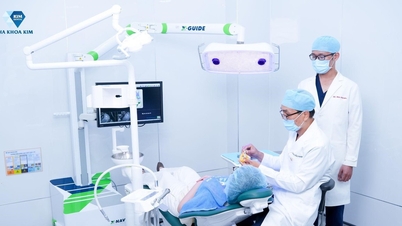



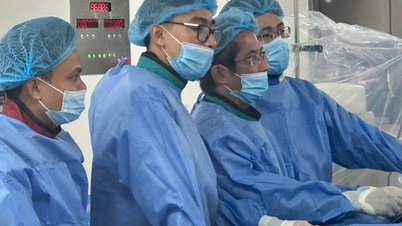










![[Photo] Parade to celebrate the 50th anniversary of Laos' National Day](/_next/image?url=https%3A%2F%2Fvphoto.vietnam.vn%2Fthumb%2F1200x675%2Fvietnam%2Fresource%2FIMAGE%2F2025%2F12%2F02%2F1764691918289_ndo_br_0-jpg.webp&w=3840&q=75)










































































Comment (0)